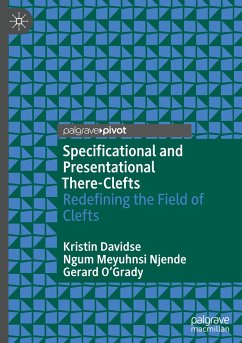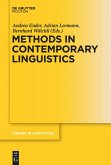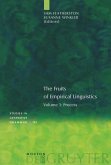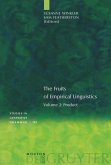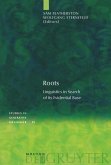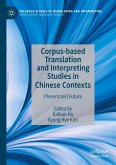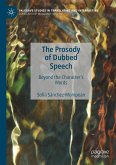This book proposes a radically new account of clefts in English. Since the 1960s, functional as well as formal linguists have generally restricted clefts to constructions with an identifying matrix (it-clefts) and have claimed that they only code information structure. Clefts are assumed to unpack a simple proposition into a focus - presupposition structure. In this book, the authors reject these theoretical-descriptive assumptions, arguing instead that clefts form a field comprising it-clefts, there-clefts and 'have'-clefts. They show that, like any other construction, clefts compositionally code propositional semantics, onto which a great variety of prosodically coded focus patterns may be mapped. The authors fundamentally challenge the existing approach by entering the debate with an in-depth account of the neglected specificational and presentational there-clefts, offering the first systematic data-based study of their grammatical and prosodic features. While the study is restricted to English, its findings have significant cross-linguistic relevance. This book will be of interest to students and scholars of Functional, Cognitive and Formal Linguistics, Corpus Linguistics, and usage-based study of grammar and prosody.

